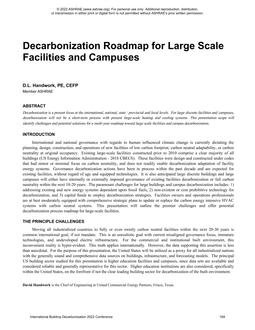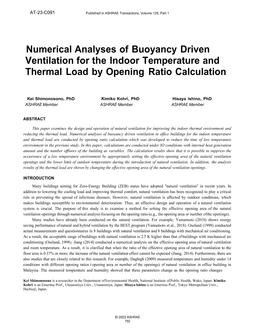
C018 — A Method to Predict Building Envelope Construction from In-Situ Thermal Testing
When embarking on a retrofit of a building envelope, it is extremely important to understand the composition of the assembly. This practice is currently done by destructive and invasive material testing or demolition, which is sometimes not possible when in historic or protected buildings. To address this problem, in-situ thermal testing can be utilized along with machine learning classification algorithms to infer the composition of an assembly. In this paper, a proof-of concept K-nearest neighbors classification model is developed to classify assembly composition from effective thermal resistance, effective thermal mass, and assembly cladding. This model was trained and tested utilizing a synthetic dataset producing an F1-score of 94.6%. This model was also validated with experimental data from a 100-year old wall assembly, confirming the model’s real-world validity. This study serves as a framework for inferring as-built envelope assembly composition, all without having to damage or disturb the building.
Product Details
- Published:
- 2022
- Number of Pages:
- 7
- Units of Measure:
- Dual
- File Size:
- 1 file , 5.5 MB
- Product Code(s):
- D-BCS22-C018
- Note:
- This product is unavailable in Russia, Belarus

